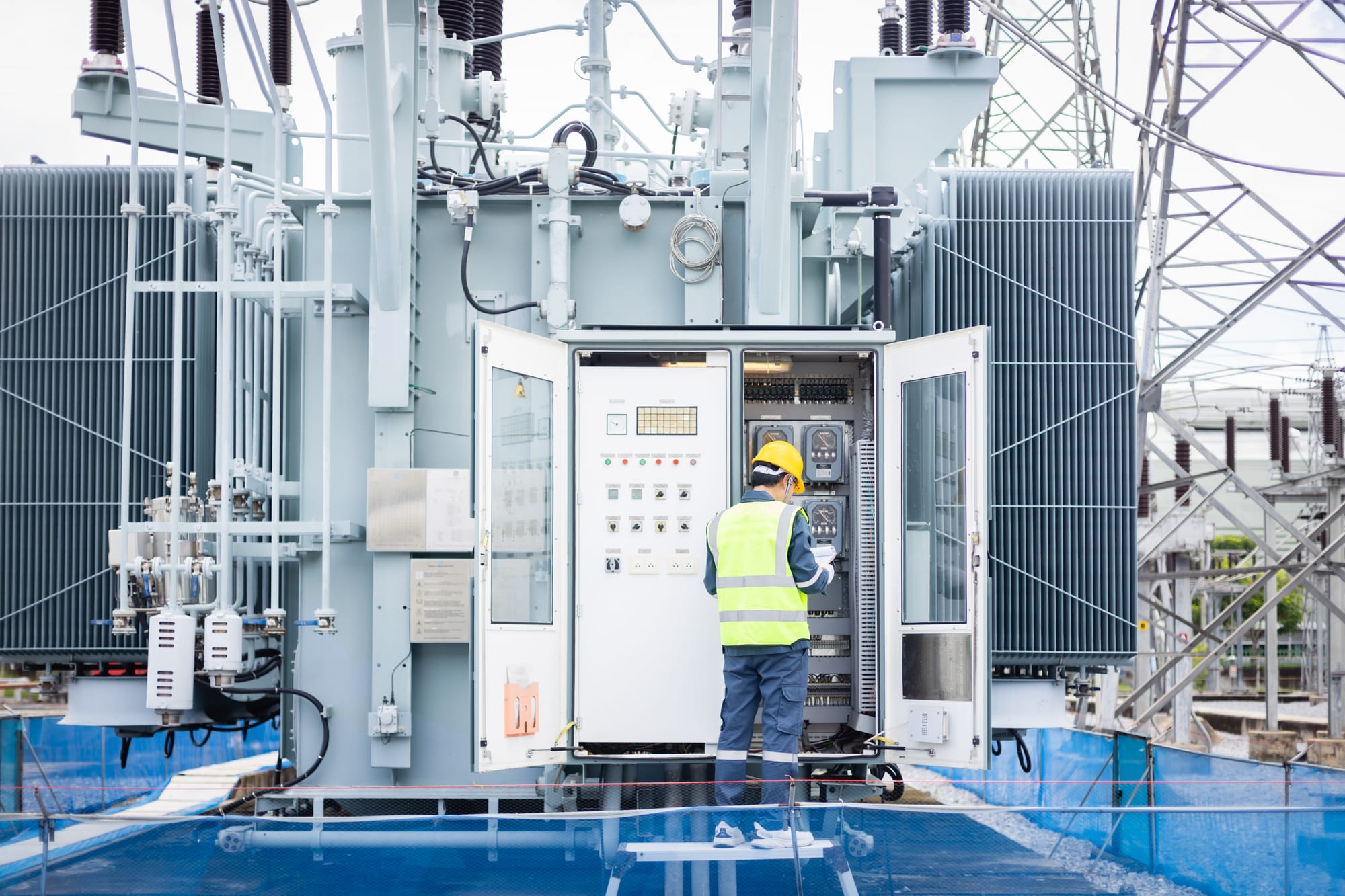Steel must wait until 2027 for £14.5 million power price savings

31 October 2025
The UK Government has confirmed that it will increase the Network Charging Compensation (NCC) discount from 60% to 90% from April 2026. While the uplift in compensation is greatly welcomed, the steel industry must wait until 2027 to benefit from £14.5m in power price savings, when the compensation is paid out a year in arrears for 2026.
UK steelmakers are in an increasingly precarious situation, with mounting pressures from snowballing import tariffs and a worsening trade environment, threatening their very existence. Currently, UK steelmakers pay almost 40% more for their electricity prices than steel producers in France, totalling £41m in 2025/26. While the increased compensation announced today will reduce this to a 25% surcharge, the relief of backdating this NCC support to 2025 would have been a significant step toward alleviating wider pressures.
The NCC uplift from 60% to 90% was outlined in the Industrial Strategy, and UK Steel recommended that it be backdated to 2025 in its annual electricity price report. The 90% network compensation is in line with what is provided in Germany and will reduce industrial electricity prices by £6.5 per megawatt hour (MWh).
Industrial electricity prices consist of three elements: Network charges, policy costs, and wholesale prices. The higher compensation will bring network and policy costs in line with European competitors, leaving high wholesale electricity prices as the most significant barrier to lower electricity costs, which must be addressed through reform of wholesale power prices via a price rebalancing scheme.
UK Steel’s Director General, Gareth Stace, said:
“Although we greatly welcome the announcement that the Government will increase network charges compensation in line with what has been provided in Germany for years, it is frustrating that the steel industry must face yet another year of uncompetitive electricity prices.
“The business environment is rapidly worsening for the steel industry, with rising barriers to trade in our key export markets and reduced domestic demand. At the same time, the industry still faces industrial power prices almost 40% higher than in France and Germany.
“The Government’s welcome move to uplift network charging compensation to 90% is a necessary step in the right direction, which will eventually save our sector £14.5 million a year. But a price gap will remain, and the wholesale price element must also be reformed next, or the UK steel industry will continue to decline.”
Notes to editors
Network Charging Compensation
- The previous government announced a 60% compensation for network charges in October 2023, lower than the 90% offered by Germany and France, leaving industry facing network charges up to 10 times that of their European counterparts.
- Currently, UK steelmakers face network charges of £8.5/MWh in comparison to the £2.56/MWh and £0.85/MWh faced by German and French steel producers, respectively.
- The NCC scheme compensates electro-intensive industries for charges from being connected to the electricity grid, which includes transmission (TNUoS), distribution (DUoS), and balancing (BSUoS) charges.
- Whereas the French and German network schemes are exemption schemes, the UK NCC is a compensation scheme where eligible steel producers receive compensation for network charges 13 months after incurred, negatively impact cashflows.
- Information on how the NCC scheme compensates industry retrospectively: Gov.uk
Industrial electricity prices
- Steel production is incredibly electro-intensive, and power costs can represent up to 180% of steel producers’ Gross Value Added (GVA) in the UK. With a switch to electric arc furnaces, the sector’s electricity consumption is expected to roughly double.
- Currently, the UK steel industry’s electricity use is equivalent to that of 800,000 homes, and an electric arc furnace uses approximately 0.5 MWh of electricity per tonne of steel.
- New UK Steel data shows that through 2025/26, British industrial electricity prices are 27-38% higher (£14-£18/MWh) than in France or Germany. In 2025/26 alone, steel producers pay £41 million more compared to France – and since 2017/18, the cumulative penalty has reached £848 million more.
Further action
- UK Steel estimates that GB industrial electricity prices will be 14-25% higher than in France or Germany, after the NCC uplift.
- In our annual electricity price report, UK Steel recommended that the Government:
- Implement a wholesale electricity price rebalancing mechanism to align GB prices with the lowest-cost European competitor, as outlined in the report written by Baringa.
- Ensure the NCC uplift to 90% relief can be made effective from April 2025 to avoid an additional year of excessive network charges.
- After the NCC uplift takes effect, the primary driver of uncompetitive industrial electricity prices is higher wholesale prices, driven by high natural gas prices.
- Without further decisive action, high electricity prices will continue to undermine the sector’s competitiveness, undermine investment cases, and jeopardise the UK’s ability to retain a sustainable, low-carbon steel industry.